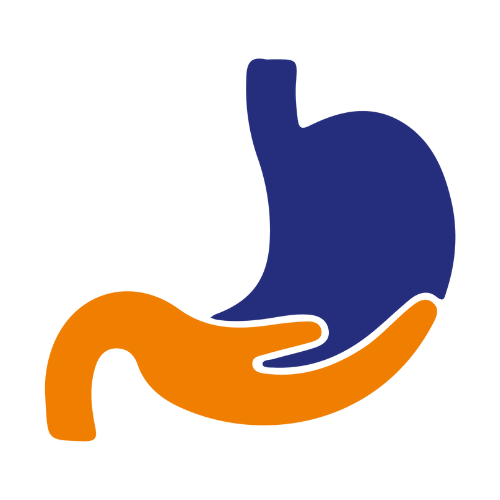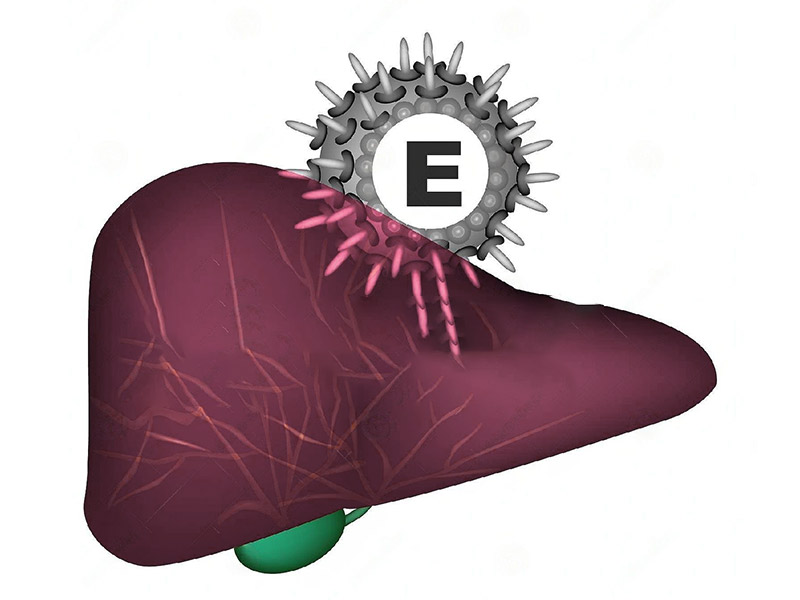Hepatitis E
Hepatitis E is inflammation of the liver caused by the hepatitis E virus (HEV). The virus has at least 4 different types: genotypes 1, 2, 3 and 4. Genotypes 1 and 2 have been found only in humans. Genotypes 3 and 4 circulate in several animals including pigs, wild boars and deer without causing any disease, and occasionally infect humans.
The virus is shed in the stools of infected persons and enters the human body through the intestine. It is transmitted mainly through contaminated drinking water. The infection is usually self-limiting and resolves within 2–6 weeks. Occasionally a serious disease known as fulminant hepatitis (acute liver failure) develops, which can be fatal.
What are the Symptoms?
You might not have any. If you do have symptoms, they may start anywhere from 2 to 6 weeks after your infection. They may include:
- Mild fever
- Feeling very tired
- Less hunger
- Feeling sick to your stomach
- Throwing up
- Belly pain
- Dark pee
- Light-colored poop
- Skin rash or itching
- Joint pain
Yellowish skin or eyes
What are the Causes?
The hepatitis E virus spreads through poop. You can catch it if you drink or eat something that has been in contact with the stool of someone who has the virus. Hepatitis E is more common in parts of the world with poor handwashing habits and lack of clean water.
You also can get hepatitis E if you eat undercooked meat from infected animals, such as pigs or deer. Less often, you can get the virus from raw shellfish that comes from tainted water.
How is it Diagnosed?
Your doctor will ask for your medical history and details about your symptoms. Tell your doctor about any recent travel. Tell them if you think you might have had contact with water contaminated by sewage.
Your doctor will use a blood test or a stool test to diagnose hepatitis E.
What are the Risk Factor?
Complications are possible but rare. This is specially so in at-risk groups of people.
Complications include contracting a long-lasting version of the infection, neurological disorders, and severe liver damage or liver failure, which could potentially be fatal.
Pregnant people are a notable at-risk group. Hepatitis E can affect both the parent and possibly their unborn child. As the World Health Organization (WHO) note, fatality rates from the infection are as high as 20–25 percent in those in their third trimester of pregnancy.
Hepatitis E may also be more dangerous in people who have a history of liver disorder or chronic liver disease. People who receive a liver transplant and take immunosuppressant drugs may also be at a higher risk of complications.
How is it Treated?
- Rest
- Eat healthy foods
- Drink lots of water
- Avoid alcohol

